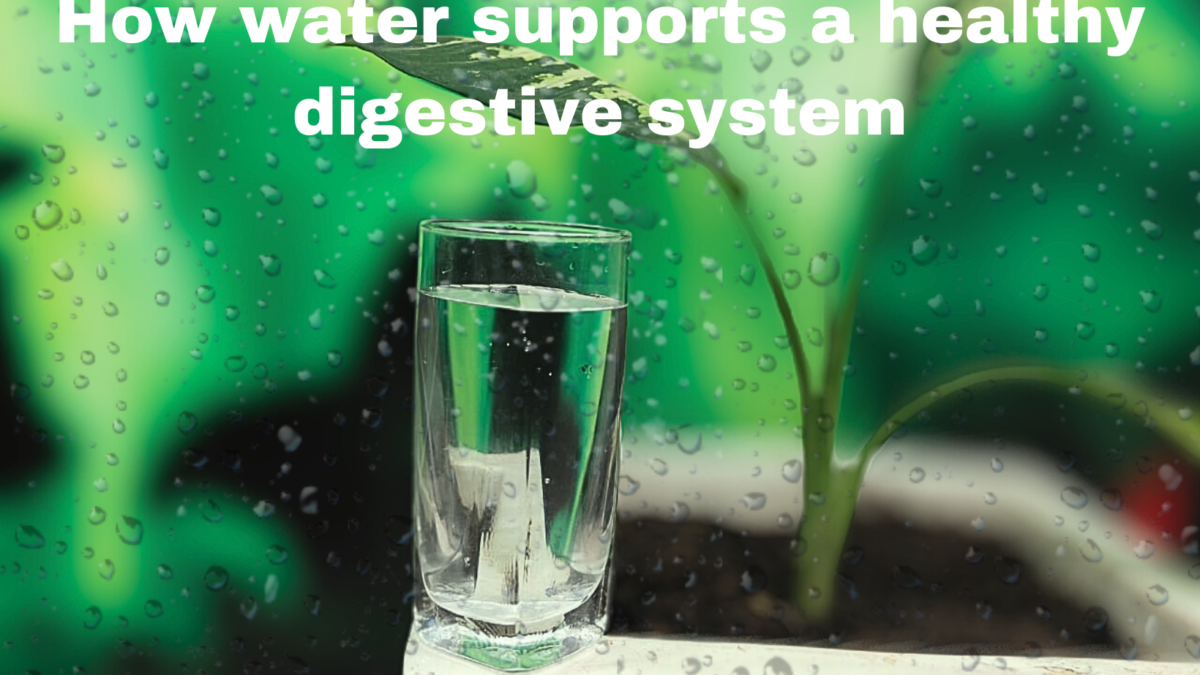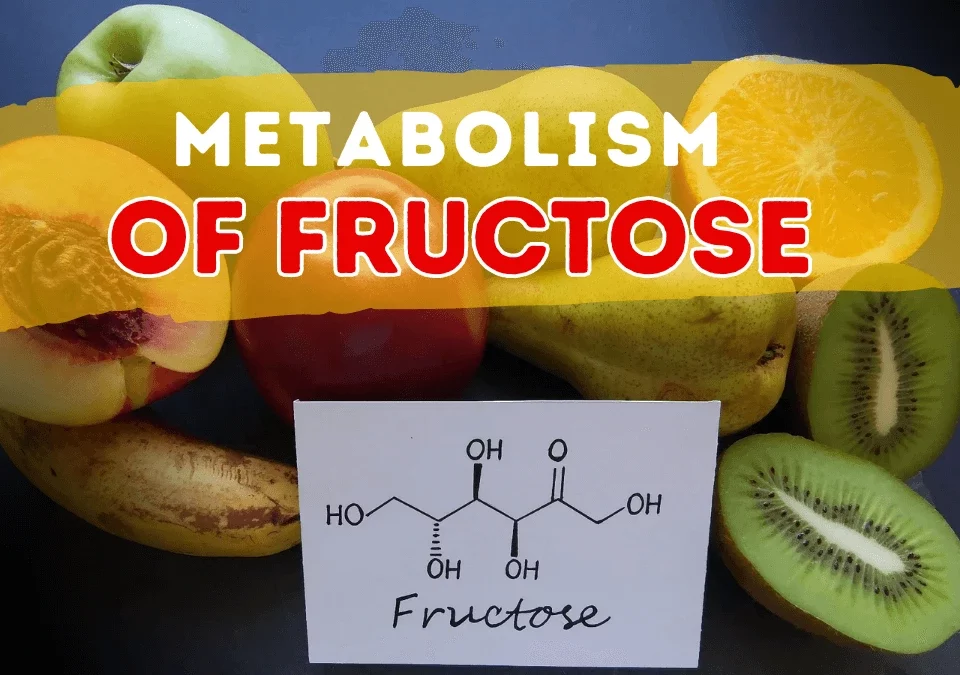How does water support a healthy digestive system?

Metabolism of Fructose
August 26, 2023
Nutrition and Immune System
November 25, 2023Water is essential for survival and crucial in maintaining optimal bodily functions.
It is a fundamental component of the digestive process. Saliva, containing water, moistens food and carries enzymes that break down fats and carbohydrates as you chew. Drinking water with meals promotes digestion by aiding food movement through the digestive system.
Watery gastric juices in the stomach continue breaking down proteins and carbohydrates. Water also helps produce stomach mucus, protecting the lining from acidic digestive juices. In the small intestine, water facilitates the release of watery secretions containing enzymes that break down nutrients for absorption. Water plays a crucial role in maintaining regular bowel movements in the large intestine by adding bulk to the stool and aiding in the absorption of minerals.
Water has significant benefits beyond digestion:
1. Tissue Protection: Water keeps your body’s tissues moist, including those in your eyes, nose, mouth, blood, bones, and brain. It acts as a lubricant and cushion for your joints, ensuring smooth movement and reducing the risk of joint pain and injuries.
2. Waste Removal: Sufficient water intake enables your body to excrete waste through perspiration, urination, and defecation efficiently. Water supports kidney function by helping to remove waste products from the blood and maintaining clear blood vessels that lead to the kidneys. Adequate hydration also helps prevent constipation, a common digestive issue caused by insufficient water intake.
3. Digestive Aid: Water is crucial for healthy digestion. It facilitates the digestion of the food you consume, enabling the absorption of its nutrients in your body. Following ingestion, your small and large intestines soak up water from the liquids you drink, which then enters your bloodstream and aids in the digestion of nutrients. As the large intestine absorbs water, the consistency of stool transitions from liquid to solid, promoting regular and healthy bowel movements. Water is also necessary to help you digest soluble fiber, which turns into a gel-like substance, slowing digestion and contributing to a longer-lasting sense of fullness.
4. Hydration and Preventing Dehydration: Your body loses fluids when you engage in vigorous exercise, sweat in high heat, or experience illnesses that involve vomiting or diarrhoea. So, to maintain optimal hydration levels, it is essential to replenish fluids. Dehydration can lead to various health issues, such as fatigue, dizziness, impaired cognitive function, and decreased physical performance. By staying adequately hydrated, you support the functioning of all bodily systems and maintain overall well-being.
5. Cognitive Function: Water is essential for optimal brain function. Research shows that dehydration can have a negative impact on memory, attention, and energy levels. Considering that approximately 75 per cent of the brain is composed of water, proper hydration is vital for cognitive performance and mental clarity. Adequate electrolyte balance, facilitated by water intake, is critical for optimal brain functioning.
6. Cardiovascular Health: Water is a critical component of blood. Plasma, the pale yellow liquid portion of your blood, is about 90 per cent water. Proper hydration helps maintain a healthy blood volume and electrolyte balance, which are necessary for proper muscle and heart function. When you become dehydrated, your blood becomes more concentrated, leading to an imbalance of electrolytes, such as sodium and potassium, which can adversely affect muscle and heart function, causing symptoms like muscle weakness, fatigue, and dizziness. Optimal hydration has even been associated with cardiovascular benefits and may slow the ageing process.
7. Healthy Eating: Drinking water can have a positive impact on your eating habits. In a study of more than 18,300 American adults, those who consumed just 1 per cent more water per day tended to eat fewer calories and consume less saturated fat, sugar, sodium, and cholesterol. Water can help fill you up, especially when consumed before meals, leading to a decreased appetite and potential reduction in calorie intake. Staying hydrated can support your overall efforts to maintain a healthy diet and weight.
Conclusion
Water is vital for healthy digestion and overall well-being. It is fundamental in breaking down food, facilitating nutrient absorption, and maintaining regular bowel movements. Additionally, water protects tissues, aids waste removal, prevents dehydration, supports cognitive function, promotes cardiovascular health, and contributes to healthy eating habits. Prioritise hydration by consuming an adequate amount of water daily. By staying hydrated, you support your digestive system and ensure the proper functioning of all bodily systems, leading to optimal health and well-being.







